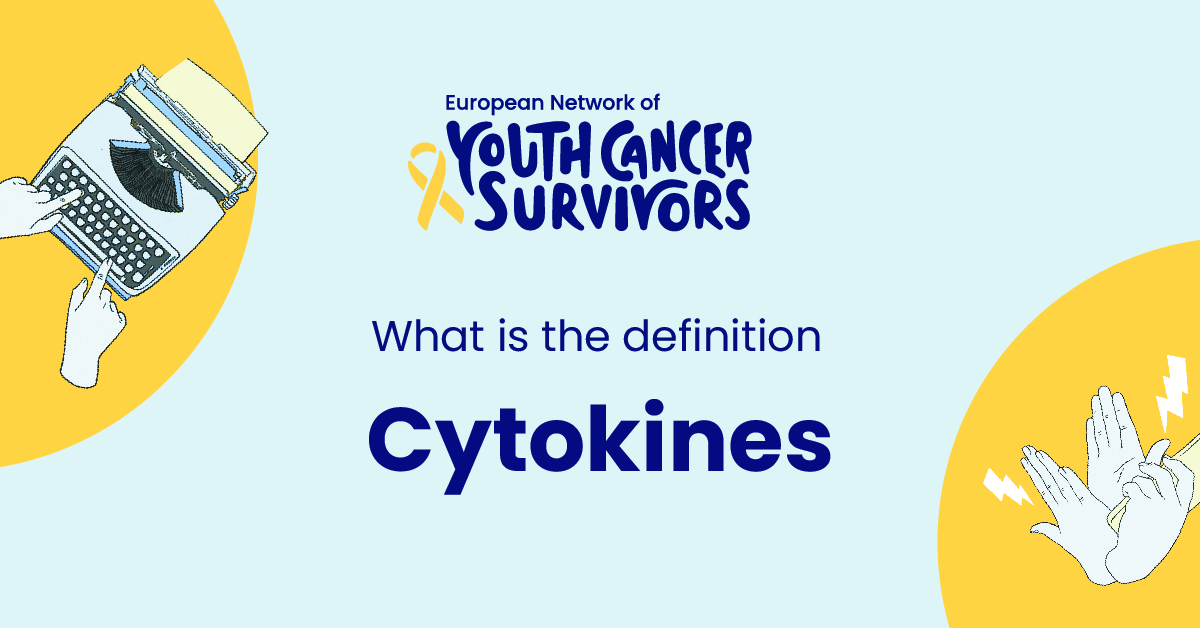
In the vast world of medical biology, one group of proteins stands out for its crucial role and complexity – cytokines. Their importance in human health cannot be overstated as they influence various aspects of disease and immunity.
Brief Overview of Cytokines
Cytokines are small proteins released by specific cells in your body. They serve as molecular messengers that help your body’s immune system, among many other things, interact and communicate with each other. They play a pivotal role in many bodily processes, including inflammation, immunity, and hematopoiesis.
Historical Insight into the Discovery of Cytokines
The discovery of cytokines wasn’t a sudden event, but rather a gradual accumulation of understanding over time. Scientists first identified these substances in the 1950s and 1960s during research into cells and the immune system. This research led to advances in how we understand and treat various diseases, including cancer and autoimmune disorders.
Defining Cytokines: Understanding the Basics
Definition of Cytokines
Cytokines are a broad category of proteins that are primarily involved in cell signaling. They are crucial components in intercellular communication, orchestrating a diverse array of cellular functions, including cell proliferation, differentiation, and migration.
The Role of Cytokines in the Human Body
Cytokines play various roles in the human body, including regulating immune and inflammatory responses. They can promote or inhibit the growth and differentiation of different cell types, and their actions can be autocrine (acting on the same cell that produces them), paracrine (acting locally on nearby cells), or endocrine (acting systemically on distant cells).
Different Types of Cytokines
Classification of Cytokines
The cytokines universe includes over one hundred distinct molecules, which have been classified into several families: the interferons, the interleukins, the tumor necrosis factors, and more.
In-Depth Analysis of Various Cytokines
Different cytokines have various functions depending upon the cellular context and the particular concerted action with other cytokines or stimuli. For instance, interferons are antiviral cytokines that help control infections. Interleukins mediate communication between white blood cells, and tumor necrosis factors can cause cell death and regulate immune cells.
The Role of Cytokines in Immunological Response
The Interaction between Cytokines and Immune Cells
Cytokines orchestrate the immune response by directing the movement and actions of immune cells. They coordinate the body’s responses against infections, injuries, and diseases by recruiting, activating, and regulating immune cells.
Cytokines and Disease: How our Bodies Respond
The inherent complexity of cytokines lies in their ability to either amplify or suppress immune responses, depending on the context. While beneficial in fighting infections, an abnormal cytokine release syndrome, also known as a cytokine storm, can be harmful and damaging, as seen in sepsis or severe COVID-19 cases.
The Impacts of Cytokines on Health and Disease
Active Cytokines in Health
Under normal circumstances, cytokines maintain health by enabling cell-cell communication and managing immune responses. Their balanced interaction is essential in maintaining homeostasis and immune surveillance in the body.
Cytokines in the Progression of Disease
Conversely, imbalances in cytokine production or regulation can lead to diseases. For instance, excessive pro-inflammatory cytokine production can lead to autoimmune diseases, such as rheumatoid arthritis and lupus, while a weak cytokine response can result in persistent infections or cancer.
Get to know us better
If you are reading this, you are in the right place – we do not care who you are and what you do, press the button and follow discussions live

Cytokines: Current Research and Future Directions
Frontiers in Cytokine Research
Current cytokine research extends across numerous disciplines and aims to understand how we can harness cytokine function to improve health, combat diseases, and delay aging. It’s a growing field with a profound impact on immunology, oncology, and infectious diseases.
The Future: Therapeutic Potential of Cytokines
Potentially, cytokines could be manipulated to treat a wide variety of conditions. By adjusting cytokine levels or blocking certain cytokine actions, scientists hope to develop new therapies for diseases such as cancer, autoimmune disorders, and infectious diseases.
Conclusion
Summarizing the Importance of Cytokines
Cytokines are fundamental to life as they play vital roles in the maintenance of health and the development of diseases. As we unlock more aspects of their functionalities, we inch closer to transforming our understanding of biology and medicine.
Brief Synopsis of the Unexplored Aspects of Cytokines
There’s still much to explore in cytokine research, including understanding their interactions with various cells and body systems, figuring out ways to manipulate them therapeutically, and deciphering why cytokine responses vary among individuals.
FAQs
- What are the primary roles of cytokines in the human body?
The primary roles of cytokines include regulating immune and inflammatory responses, promoting or inhibiting the growth of cells, coordinating cell-to-cell interaction, and managing immune responses.
- How do cytokines contribute to the immune response during disease progression?
Cytokines coordinate the body’s responses against infections, injuries, and diseases by regulating immune cells. However, an abnormal cytokine response can lead to harmful conditions, such as a cytokine storm.
- Can we control or modify cytokine response as a therapeutic strategy?
Yes, potentially we can. By adjusting cytokine levels or blocking certain cytokine actions, scientists hope to develop new therapies for a variety of conditions.
- What are the potential risks or side effects of manipulating cytokines in the human body?
While cytokine manipulation has therapeutic potential, it also has risks, such as triggering an immune system overreaction or causing off-target effects. Also, each person’s cytokine responses are unique, posing challenges for developing one-size-fits-all therapies.
- What are the latest advancements in cytokine research?
Recent advancements in cytokine research include the identification of new cytokine families, uncovering novel roles of known cytokines, and the development of cytokine-based treatments such as cancer immunotherapies.

















Comments
Thank you. Comment sent for approval.
Something is wrong, try again later